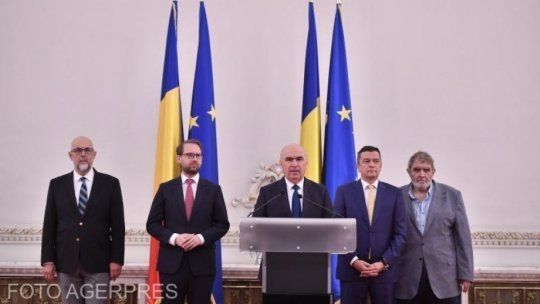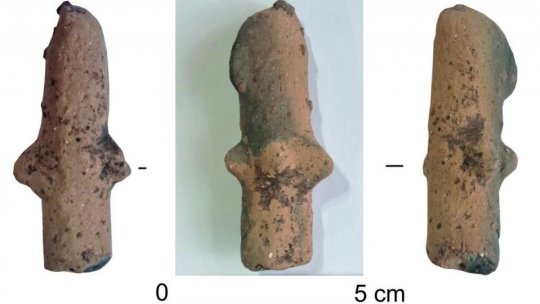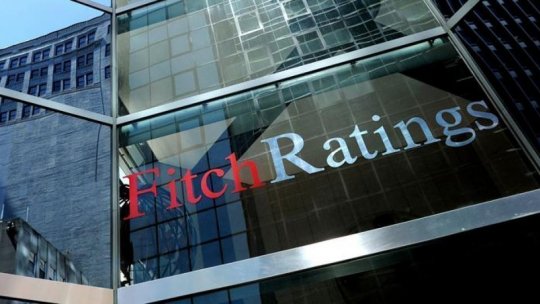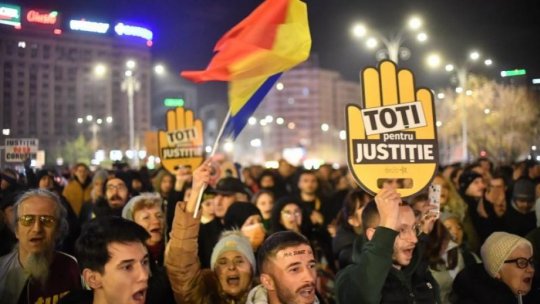Romanian Offshore Law on Black Sea. Provisions
Progressive windfall tax, Stabilization, Sourcing requirements, Increased turnover fine, Construction authorization, Labor regime.
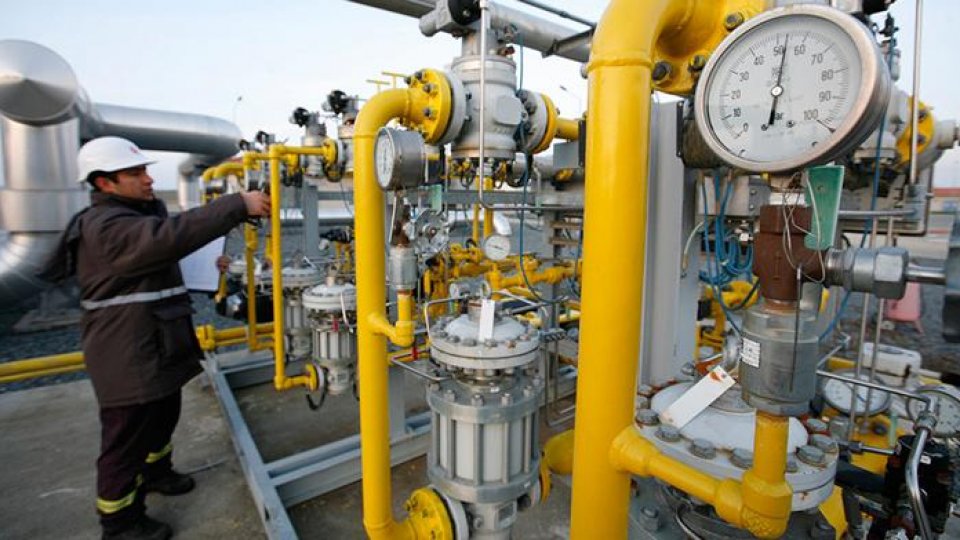
Articol de Nicoleta Turcu, 29 Decembrie 2018, 23:35
Romanian Offshore Law on the Black Sea, sets conditions for exploitation of Black Sea natural gas reserves, hasn’t yet brought new investors in the field. Some say the law, which came into force recently, came too late, while others are not convinced that the provisions will support their investments. Law regulates offshore oil & gas projects in the Romanian waters of the Black Sea, and makes significant changes to existing laws on protective provisions for archaeological sites, historically protected areas and coastal areas.
Some of the most important provisions:
Progressive windfall tax
Aside royalties of 3.5% to 13% of the production value, offshore concession holders will pay a progressive windfall tax on additional revenues generated from the sale of offshore gas, ranging from to 15% to 70% depending on the gas price (i.e. the higher the sale price, the higher the percentage). Additional revenue is calculated as the difference between the average weighted offshore gas price, which shall not be lower than the reference price set by the National Agency for Mineral Resources, and RON 45.71/MWH, representing the 2012 regulated acquisition gas price, multiplied by the volumes sold. Value of investments in the upstream segment will be deducted from the windfall tax up to 30%, but will be "non-deductible" for profit tax purposes. Funds collected from the windfall tax will be dedicated to investments in the gas distribution and transmission network, as well as other government investments.
Stabilization
Stabilization takes the form of a "freezing" clause, providing that titleholders of ongoing offshore concessions benefit throughout the lifespan of the concession from the royalty regime set out by the Law.
Sourcing requirements
Concession holders will procure goods and services from Romanian or other EU economic operators at similar technical and financial conditions. At least 25% of the average annual headcount involved in the offshore operations will be Romanian citizens with local Romanian fiscal residency. These restrictions apply not only to offshore investors, but also to their contractors and subcontractors involved in the design, execution and operation of the offshore facilities.
Increased turnover fine
Like onshore producers, offshore producers are obliged to sell at least 50% of their production on a centralized market (i.e. on OPCOM – the Romanian power exchange, and the Romanian Commodities Exchange) and in a transparent, public and non-discriminatory manner. Failure to comply with this obligation will trigger a turnover fine amounting to 10% of the turnover during the year when the breach is acknowledged.
Construction authorization
Construction works and well drilling are subject to special authorization by the Ministry of Energy and the National Agency for Mineral Resources. Special derogatory rules are set out for zoning and for historical monuments and archaeological sites. Offshore concession holders enjoy a statutory right of passage over public property for the full life of the offshore operations, in exchange for a consideration determined by an independent valuator and subject to authorization by the Ministry of Energy.
Labor regime
Derogatory rules are laid down with respect to the working schedule of the employees and the level of the overtime bonus.
Source: RRA, Romanian Lawyers Week

